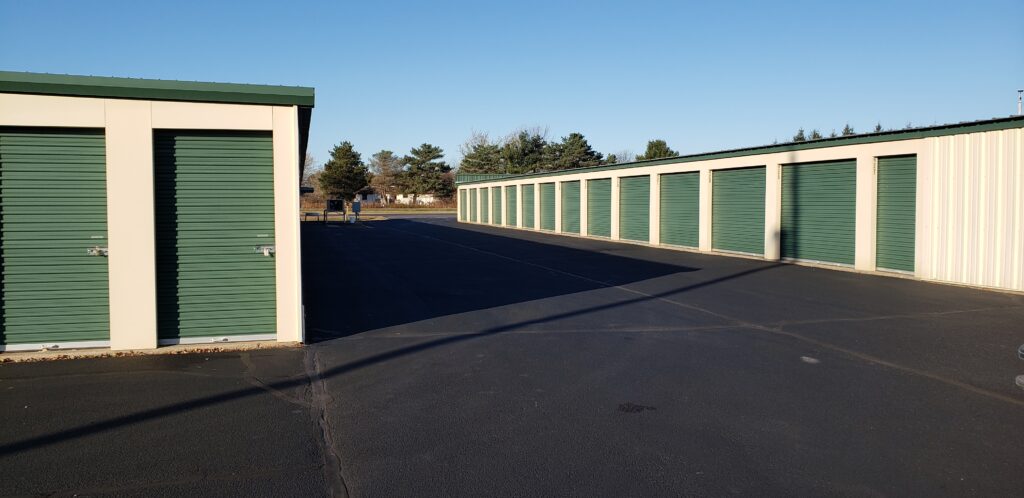Self Storage

Investment Security
1. Market Research:
Successful self-storage investing often starts with thorough market research to identify areas with a growing demand for storage. Factors like population growth, housing trends, and local economic conditions are important considerations.
2. Acquisition:
Investors can buy existing self-storage facilities or raw land to develop new facilities. Purchasing existing facilities may offer immediate cash flow, while development projects can yield higher returns but involve more risk and a longer time frame.
3. Development:
Developing a new self-storage facility involves considerations like zoning laws, construction costs, and design choices. Efficient use of space and location are critical factors.
4. Management and Operations:
Effective management is key to profitability in self-storage investing. This includes tasks like marketing, tenant management, maintenance, and security. Many investors use specialized property management companies.
5. Revenue Generation:
Self-storage facilities generate revenue primarily through rental income. Additional revenue can come from late fees, selling packing supplies, offering insurance, or providing value-added services like climate-controlled units.
6. Scalability:
The self-storage industry is conducive to scaling, as investors can own multiple facilities across different locations. This can diversify risk and increase potential returns.
7. Economic Resilience:
Historically, self-storage has been relatively resilient during economic downturns. Demand for storage often remains stable or even increases when people downsize homes or businesses look to reduce costs.
Development and Cash Flow Opportunities at Sites Across the Country


